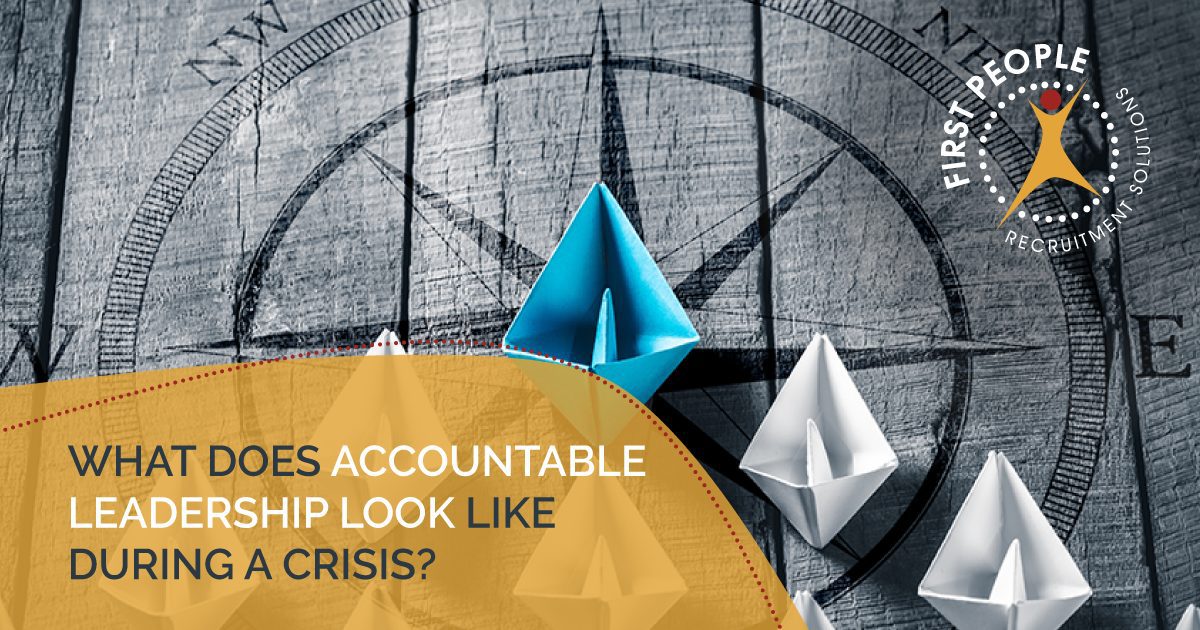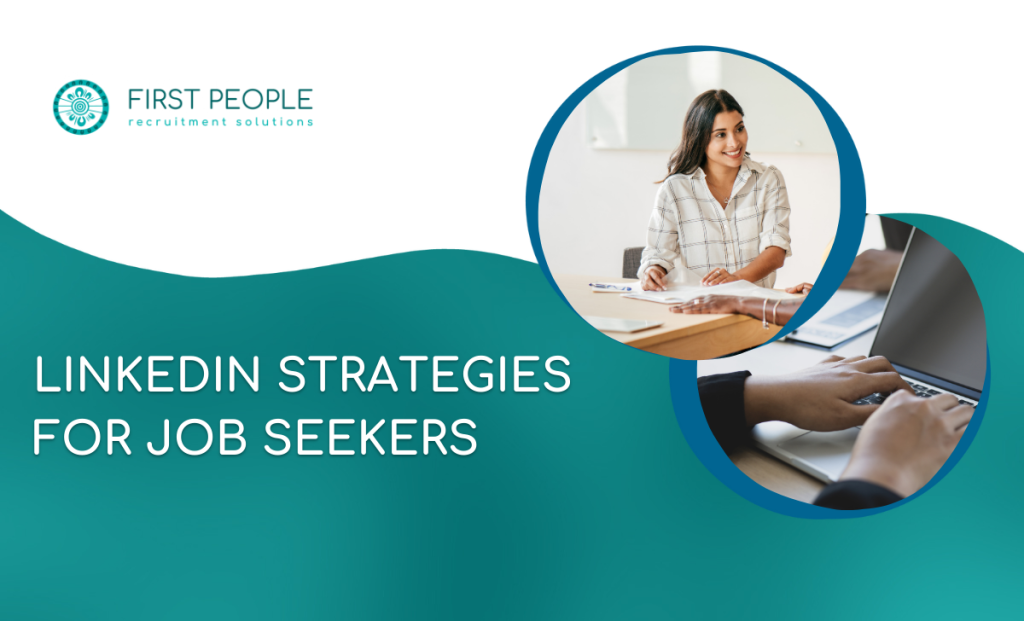Navigating a crisis is like paddling down a calm river, only to encounter a patch of churning rapids hidden just around the corner – you can either let the white water disrupt your journey, or leverage the conditions to accelerate forward at an even greater speed.
There are many things about COVID-19 that are beyond our control, but leaders do have the power to choose how they show up during this time. They either be overcome by the (natural) fear and uncertainty, or they can decide to be calm, focussed and accountable.
Accountable leadership is the only way an organisation can withstand chaos and ambiguity in a world that has been turned on its head. So, what does this accountability look like during a crisis such as COVID-19?
The Importance of Accountable Leadership
During disruptive events such as a pandemic, many people instinctively feel victimised by the circumstances, perceiving them to be entirely outside of their control. While understandable, this type of thinking can lead to less resourcefulness, risk aversion and slower decision making – often making the situation worse and leaving them trapped in unproductive patterns.
Successfully weathering uncertainty begins with cultivating higher levels of positive accountability within an organisation, particularly at the leadership level. Leaders who demonstrate high levels of accountability tend to ask, “How can we move past this?” rather than, “Who is going to fix this?” when faced with problems. They see disruption as an opportunity to innovate, improve operational efficiency and solve problems that were previously shelved.
Essentially, accountable leaders are able to not just guide the organisation to the other side of a crisis intact, but ensure it arrives there stronger.
5 Traits of Accountable Leaders
As we have mentioned, accountable leadership is a crucial element for future-proofing organisations in times of crisis or change. Rather than a predisposition, it is a practice that must be intentionally cultivated throughout the leadership journey.
Leaders who exhibit high levels of accountability consistently demonstrate these five behaviours:
1. They communicate effectively
In a time rife with fear, stress and anxiety, leaders must deliver thoughtful and honest communication that creates a framework for how people should respond. Providing frequent updates reassures stakeholders that you are proactively dealing with the problem and adjusting course as you learn more.
Transparency is key to this; clearly laying out what you do and don’t know, as well as how you’re going to find any additional information you need. It’s also important to be aware that different people will be affected in different ways, so communication should be empathetic and take care to ensure that different audiences’ needs and concerns are addressed.
2. They set clear expectations
The sign of a high performing team is the ability to rally around a common purpose, which becomes even more important during a crisis. Leaders must ensure that employees have complete clarity around the company’s overall goal, the expectations, as well as their individual responsibilities. This allows you to define success metrics, identify the strategies for getting there, help people stay engaged and minimise any anxiety surrounding the situation.
3. They take ownership over tough decisions
When it comes to problem-solving, visible decisiveness helps to build the organisation’s confidence in its leaders. Because a crisis typically involves many unknowns, facts may not become clear within the necessary timeframe, so sometimes, effective decision making is about doing the best with the information you have at the time, taking ownership over the outcome and being ready to pivot if it becomes necessary.
4. They maintain intentional optimism
During a crisis, people will turn to leaders for reassurance and stability, which is why intentional optimism is key for accountable leadership. This doesn’t mean that we turn a blind eye to what is going on around us, but rather, it is confidence tempered with realism – acknowledging the current reality while extending optimism that focusses on the things we can influence, rather than what we can’t.
By showing that they recognise the uncertainty and are taking steps to deal with it, leaders can build trust and project the belief that the organisation will find a way through.
5. They stay focussed and aware
Rather than holding fast to the initial impression of the crisis, it’s important to be flexible and receptive to new information as it comes along, continuously analysing events and anticipating how it might progress. Consider all ongoing and potential actions critically and decide whether they need to be modified or discarded, revising ideas based on the latest insights.
Keep in mind that it’s easy for peripheral distractions to shift your focus from the central issues, but staying focussed and intentional is key.
Summary
COVID-19 is testing the leaders of organisations in every sector around the world and as we continue to navigate the unknown, it is clear that leadership accountability will become more important than ever.





